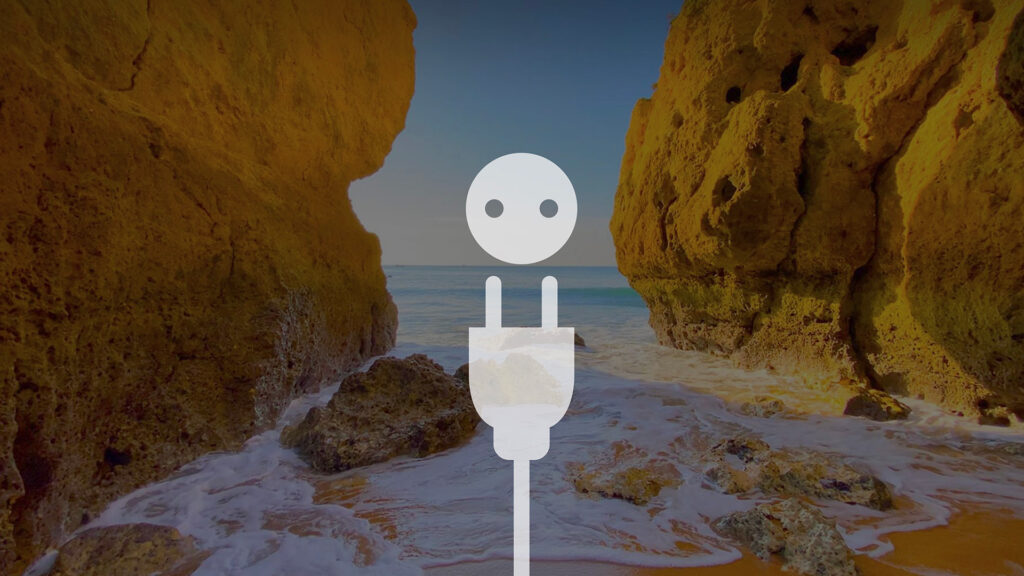Seasonal cold as a practice prop

Emotional Hygiene will not only help you recover faster, relieve symptoms, and boost immunity. Sick days offer a gold mine of insights and can progress your mind training.
Natural “fail-safe”
Unmanaged stress and persistent emotions have a negative impact on your immune system and may cause inflammation. Bring you down with flu your body would otherwise fight off. The “fail-safe” is a metaphor — if you do not stop unhealthy mental activity voluntarily, your body may do it for you. Take you on a forced “vacation”:
- withdraw you from the triggering context (keep you home in bed)
- limit your options for dealing with the problem (fuzzy head, weakness, etc.)
As a result, your attention shifts, and the mind loosens its emotional grip on outcomes, allowing you to recharge.
Sick days as practice props
Don’t allow the mind to beat you up for the hovering deadlines and ailing body. Accept the fact you got ill and play the hand you are dealt. Your quality engagements and improved resilience will thank you later.
So put your mind training hat on, process destructive reactions, and restore your best self. Use the conducive time to re-engage with the situation constructively.
Prop #1: Distance
It is nice to step back from the chessboard. Even if you are not happy with the unplanned exit, be grateful for the extra distance. Now you have better chances to see solutions and roadblocks you were too emotional to notice before.
Prop #2: Priorities
Your body puts things in order. Painful ailment deflates artificial priorities and a pandemonium of emotions they spawn. You simply cannot worry about that work meeting or a thousand other things. Your awareness is no longer overwhelmed by the storm of unending reactions. It can notice and single out emotions and thoughts to look into.
Prop #3: Weakness
If you feel weak, it is much easier to let go. You are no longer in control of the planet and can let it spin on its own for a while. It is not just an excuse to rest. Weakness may become a strength if you unclasp from dysfunctional ego-centric ideas and fears.
Scope
Include both in your practice:
- A retrospective of recent emotional episodes
Use your emotions and insights to fix the issues that might have led to stress in the first place. So it does not relapse as soon as you get back to work (or other provoking context). - Your responses to illness
look into emotional reactions to pains and discomforts, as well as delayed plans, functional limitations
Emotional Hygiene for faster recovery
A calm and compassionate mind will help your body recover faster. Offer healthy sleep, balanced use of resources, and help your immune system. If, on the contrary, you get stressed about falling ill, missing deadlines, or feeling bad – you impede the recovery.
Another benefit of stabilizing your mental state is pain reduction. You can alleviate both mental and physical discomforts.
So monitor your state of mind, thoughts, and emotions. Use Emotional Hygiene and other practices to maintain balance and constructive responses.
NB: mind training practice is not a replacement for external treatment. Taking care of destructive emotions may improve your response to traditional treatment, but does not exclude it (diagnostics, visiting qualified doctors, taking medicine, etc.).
Prevention is the best medicine
Stress, destructive emotions, and thoughts are early warning signs. Emotional Hygiene helps you catch them before they mature and impact your vitals. Stay healthy.






